1. Which famous doctor was once a crab-hunting boy and passed the university entrance exam at the age of over 50?
- Nguyen Trai0%
- Chu Van An0%
- Than Nhan Trung0%
- Phan Boi Chau0%
According to Bac Ninh newspaper , Than Nhan Trung was an outstanding historical and cultural celebrity of the Vietnamese people in the 15th century. He was from Yen Ninh commune, Yen Dung district, ancient Kinh Bac region.
In 1469, when he was over 50 years old, he took part in the Hoi exam of Ky Suu. This was an extremely important exam. Thousands of candidates from all over the country participated in this exam, but only 22 people passed. Than Nhan Trung was honored to pass the Hoi exam, the first doctorate to pass the Hoi exam, but in the Dinh exam (Dien exam), he only passed the third class, the same as the doctorate.
2. Why did he not take the doctoral exam until he was over 50 years old?
- Because he wanted to study hard before taking the exam.0%
- Because at that time no examination was held.0%
- Because of poverty and lack of education, he had to catch crabs and snails to make a living.0%
- Because he used to be a doctor like his father.0%
Than Nhan Trung was born into a poor family, his mother was a concubine, his father often traveled far away to seek medical treatment. He did not have the opportunity to receive formal education, had to eavesdrop on lectures outside the classroom, and write on the ground with a stick. It was not until 1469, thanks to the teacher's financial support and encouragement, that he took the imperial examination and passed the doctoral exam despite being over 50 years old. From then on, his career turned a new page during the prosperous period of King Le Thanh Tong.
3. In the following positions he held, which position was associated with the role of "rector" of an ancient university?
- Minister of Rites0%
- Rector of the Imperial Academy0%
- The Academy of Sciences0%
- Main import0%
After returning home in honor of his ancestors, Than Nhan Trung was given the position of Han Lam Vien Thi Doc by the royal court, the second highest ranking official in the Academy responsible for drafting decrees, proclamations, edicts, and orders...
Holding this position for several years, he was promoted to the position of Han Lam Vien Thua Chi, head of the Academy under King Le Thanh Tong, concurrently holding the position of Dong Cac Dai Hoc Si and holding the position of Te Tuu Quoc Tu Giam. The position of Dong Cac Dai Hoc Si originally had the same duties as Han Lam Vien Thua Chi, but also had the additional duties of correcting poetry and documents and recommending officials of the court. Te Tuu Quoc Tu Giam was the head of the Quoc Tu Giam, considered the principal of the only university in the country at that time.
According to some documents such as Dang Khoa Luc and Dia Du Chi , in the last years of his life, Doctor Than Nhan Trung was assigned the important responsibility of holding the position of Minister of Rites (in charge of rituals, ceremonies, banquets, education , examinations, and national education) and Minister of Personnel (in charge of recruiting, promoting, demoting, selecting, examining, and bestowing titles on officials). The book Nguyen Phi Khanh Thi Tap said that at the end of his life, he was assigned the position of Nhap Noi Phu Chinh, an official position behind the Prime Minister who was allowed to discuss confidential matters of the royal court.
4. He was the one who wrote the famous sentence: "Talent is the vitality of the nation"?
- Correct0%
- Wrong0%
"Talents are the vital energy of a nation. When the vital energy is strong, the nation is strong and prosperous. When the vital energy is weak, the nation is weak and lowly. Therefore, wise and holy kings have never failed to consider educating talented people, selecting scholars, and cultivating the vital energy of the nation as urgent tasks" - this is a passage from the inscription written on the first doctoral stele, talking about the 1442 examination. The author of this inscription was Dong Cac Dai Hoc Si Than Nhan Trung.
The above stele has existed at the Temple of Literature for over 500 years, constantly reminding dynasties about policies towards scholars, and has always proven his immortal words about the prosperity and decline of the country being closely linked to the prosperity and decline of talented people.
5. What is the massive book series that this doctor once edited under the order of King Le Thanh Tong?
- Complete Annals of Dai Viet0%
- Strange Tales of the South0%
- The remaining parts of the Southern Region0%
- Hoang Viet rules0%
In the 14th year of Hong Duc (1483), while holding the position of Han Lam Vien Thua Chi and Dong Cac Dai Hoc Si, Than Nhan Trung was ordered by King Le Thanh Tong to compile and be the chief editor of the books "Thien Nam Du Ha Tap" and "Than Chinh Ky Su". The book consisted of 100 volumes with a preface written by himself, fully recording the regimes, laws, Korean literature, regulations, proclamations... but now only his preface remains.
6. What is special about your family in the history of Vietnamese imperial examinations?
- The only family with 3 generations of high-ranking mandarins0%
- The first family to have their name engraved on a stone stele at the Temple of Literature0%
- The only ethnic minority family with 3 consecutive generations of doctoral graduates0%
- The family with the most educated people during the Le dynasty.0%
According to documents, the Than family of the famous scholar Than Nhan Trung - a Tay ethnic group, is the only minority family in the thousand-year history of our country to have 3 consecutive generations with 4 people passing the doctoral exam.
Than Nhan Trung was also the founder of the tradition of learning and examinations in Yen Ninh village with 10 excellent Confucian scholars passing the imperial examinations and was honored by people as "the village of Doctors".
King Le Thanh Tong once wrote a poem praising the Than family: The ten Trinh brothers follow each other in nobility/The two pairs of father and son of the Than family bathe in grace and glory.
Than Nhan Trung's two sons and grandchildren all had the will to study and passed the imperial examinations (Than Nhan Tin, the eldest son; Than Nhan Vu, the second son and Than Canh Van, the grandson).
Source: https://vietnamnet.vn/vi-tien-si-noi-danh-nao-tung-la-chu-be-mo-cua-hon-50-tuoi-moi-thi-do-dai-khoa-2420281.html


![[Photo] General Secretary To Lam receives US Ambassador to Vietnam Marc Knapper](https://vphoto.vietnam.vn/thumb/1200x675/vietnam/resource/IMAGE/2025/9/29/c8fd0761aa184da7814aee57d87c49b3)

![[Photo] Solemn opening of the 12th Military Party Congress for the 2025-2030 term](https://vphoto.vietnam.vn/thumb/1200x675/vietnam/resource/IMAGE/2025/9/30/2cd383b3130d41a1a4b5ace0d5eb989d)
![[Photo] The 1st Congress of Phu Tho Provincial Party Committee, term 2025-2030](https://vphoto.vietnam.vn/thumb/1200x675/vietnam/resource/IMAGE/2025/9/30/1507da06216649bba8a1ce6251816820)
![[Photo] General Secretary To Lam, Secretary of the Central Military Commission attends the 12th Party Congress of the Army](https://vphoto.vietnam.vn/thumb/1200x675/vietnam/resource/IMAGE/2025/9/30/9b63aaa37ddb472ead84e3870a8ae825)



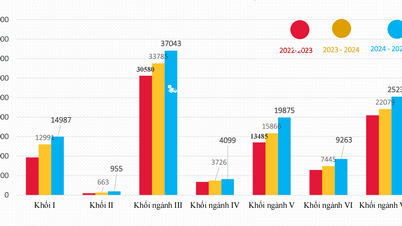
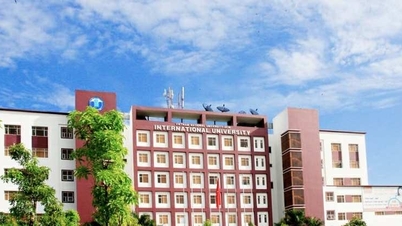









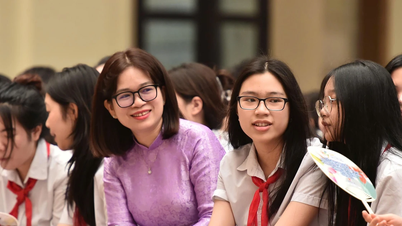



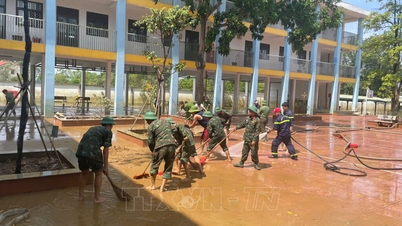




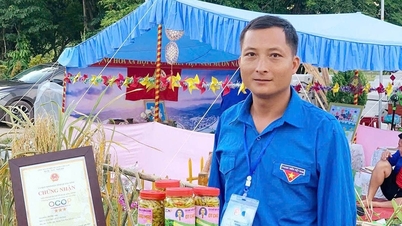


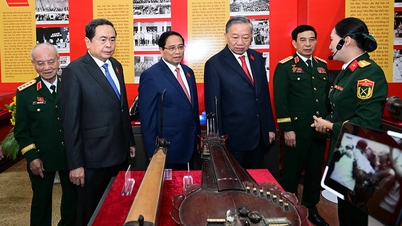


![[Photo] General Secretary To Lam attends the ceremony to celebrate the 80th anniversary of the post and telecommunications sector and the 66th anniversary of the science and technology sector.](https://vphoto.vietnam.vn/thumb/1200x675/vietnam/resource/IMAGE/2025/9/29/8e86b39b8fe44121a2b14a031f4cef46)



























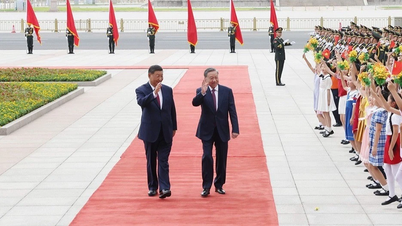
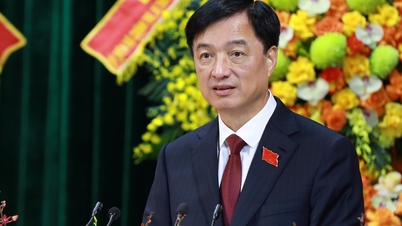
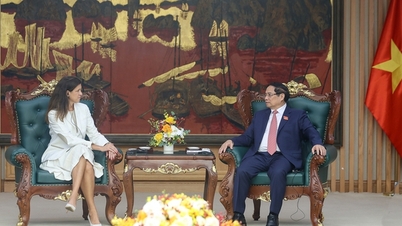

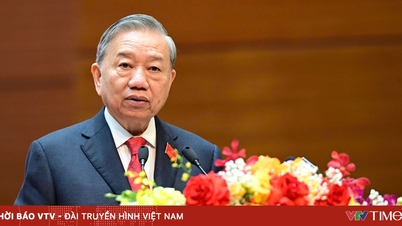

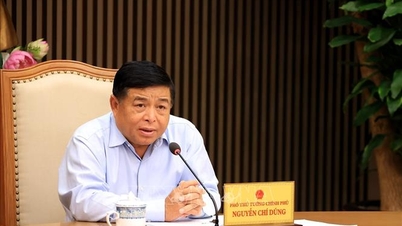



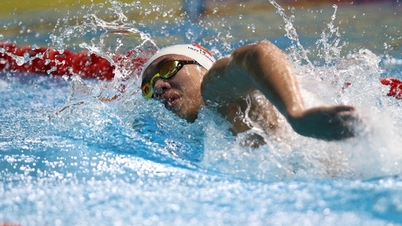

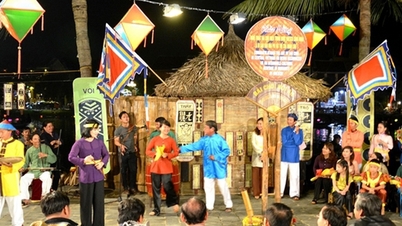







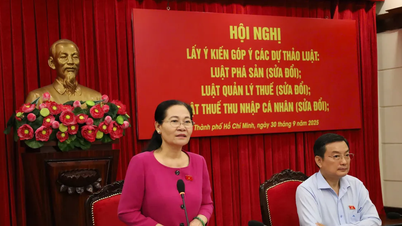













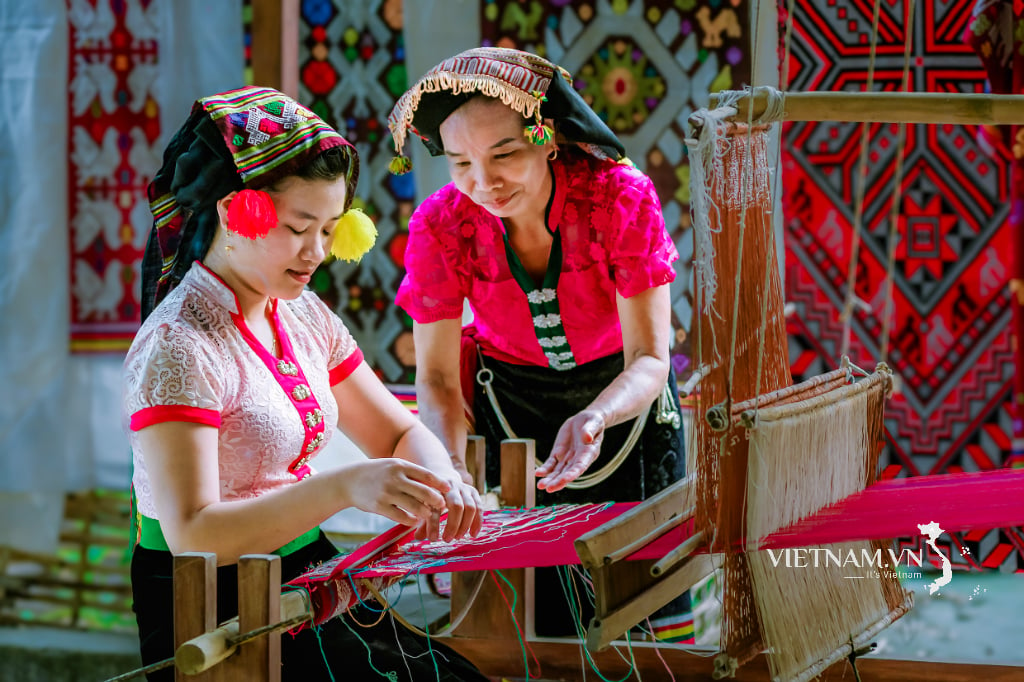



Comment (0)